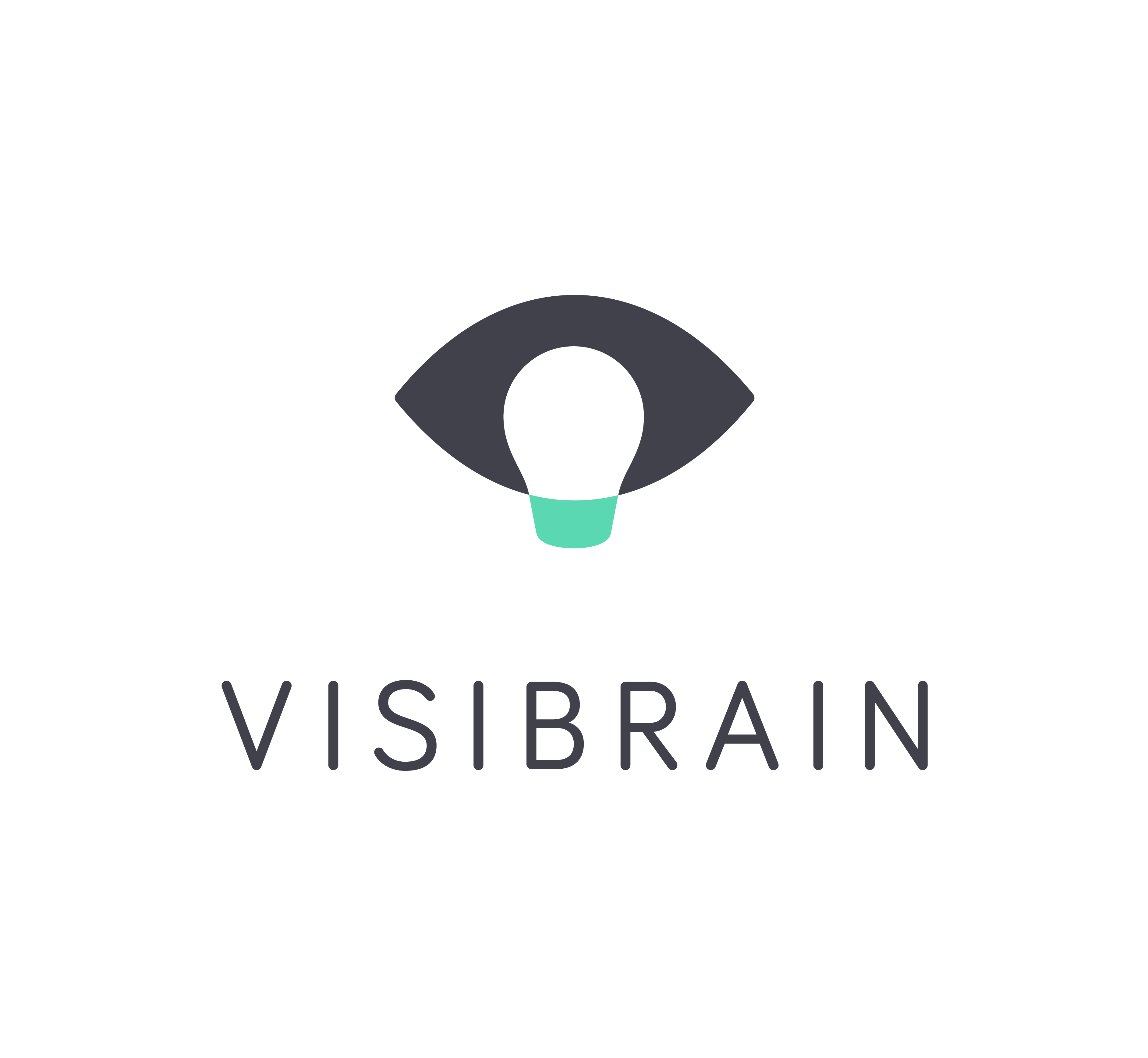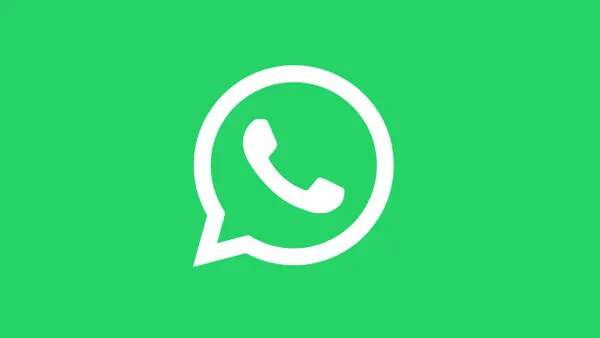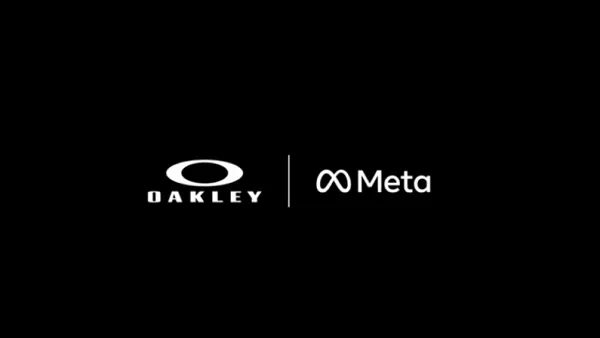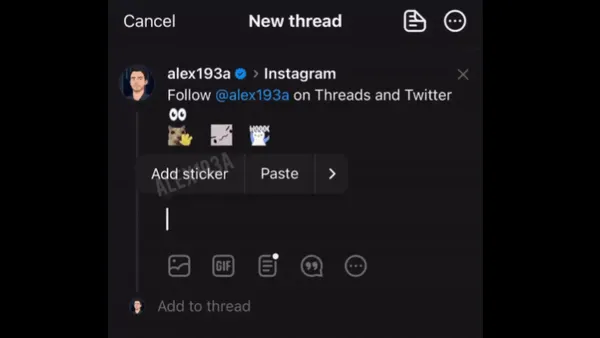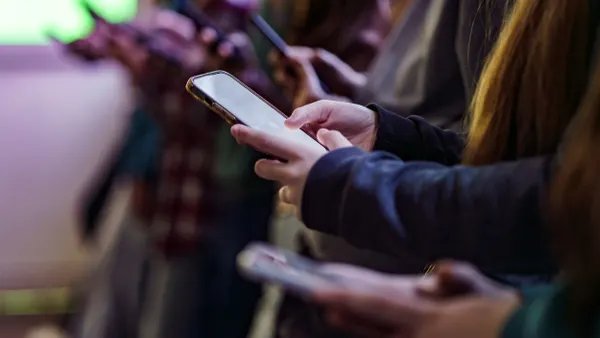Since I've had a side gig teaching marketing at various universities for a number of years, I consider myself fairly well versed in the nuances of both plagiarism and copyright infringement. It goes with the territory.
Writing on the web for both my personal blogs, as well as several, real life business entities, I've learned about the geeky web stuff like Creative Commons Licensing and accurate citations online; when and how to link to outside sources and how much of an article to copy before you are just, well copying the whole thing (and thereby ripping off the original author). This it seems though is a less respected law on the internet.
But now comes the latest issue - how does Twitter fit into this mix? I did a little research and found info on copyright infringement issues having to do with background images on the aptly named Plagiarism Today site (nice find). But I didn't find anything about tweets.
Now in general, this isn't a huge issue. Often, in the interest of getting things down to 140 characters, we all slice and dice headlines, interesting tweets and body copy and include a link back to the original article. But as I ended up paraphrasing a line from an article in the NY Times this morning, I wondered - gee - might Maureen Dowd get upset with me? I did misquote her.
Or is this libel? Granted, mine was just a little paraphrasing, but what if I intentionally misquoted her to make a more interesting headline...and she didn't like it?
What if I listened to a song uploaded by an amateur musician, tweeted out the lyrics (140 characters at a time) and they went viral...under my name?
Where exactly does the Digital Millennium Act tackle these issues? It's nebulous language, (which is good in general) hasn't prevented cyber squatting on Twitter and Facebook - though yes, both sites have slow and cumbersome processes for retrieving your brand name via a DMCA procedure.
I'm just wondering......
Posted in blogging, social media Tagged: copyright infringement, libel, Plagiarism, twitterLink to original post





